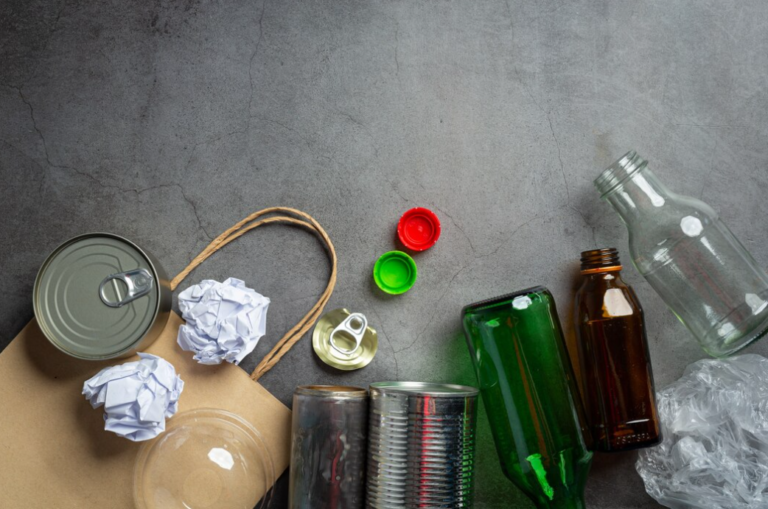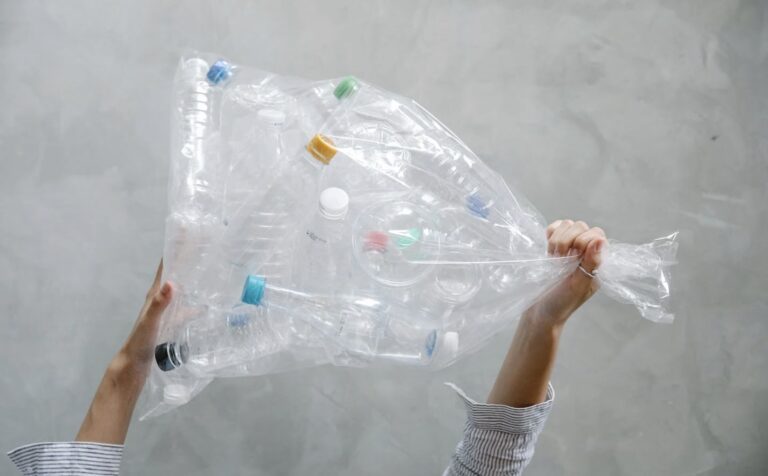For most, cruises bring to mind lavish buffets, gourmet dishes, and an abundant gastronomic spread. Yet, amid this opulence, one may ponder the fate of uneaten delicacies.
Regrettably, substantial quantities of these delicacies are squandered. Let’s unravel the mystery of managing surplus food on these luxurious liners.
Behind the Scenes: Addressing Leftover Cuisine
In days gone by, cruises would rely on food pulpers to grind surplus edibles. This would be followed by transforming these remnants into a semi-liquid state, secured onboard until reaching solid ground. Subsequent to this, onshore facilities – either landfills or anaerobic digesters – would take over the waste processing.
Cruise Ship Food Waste: A Glimpse into the Past
Transporting these semi-liquid remnants required considerable energy, often in the form of fossil fuels. Additionally, ports lacked uniform waste facilities, creating inconsistent waste management practices.
The LFC Biodigester: A Revolutionary Onboard Solution
Enter the LFC biodigester. This avant-garde apparatus facilitates food decomposition onboard using benevolent microorganisms. The outcome? Benign grey water that’s either safely discharged into the ocean or processed through the ship’s STP system. This innovative method not only curtails the need for offboard waste transit, but also substantially diminishes the carbon footprint concomitant with refuse disposal.
Comparison Table
| Criteria | Traditional Waste Management | LFC Biodigester |
|---|---|---|
| Method | Grinding and storing for onshore processing | Onboard decomposition using microorganisms |
| Waste Output | Semi-liquid paste | Grey water |
| Processing Location | Onshore facilities | Onboard |
| Carbon Footprint | High (due to transportation and processing) | Low |
| Utility Usage | High | Low |
| Versatility in Waste Types | Limited | High (including meats and dairy) |
| Sustainability | Less eco-friendly | Highly sustainable |
Benefits and Capabilities of the LFC Biodigester
Apart from its minimal utility consumption, the LFC biodigester’s efficiency is noteworthy. Some of its iterations can manage an impressive 6000 kg (or 13,200 lb) of waste daily. Its proficiency extends to an array of food items, from meats to dairy, emphasizing its adaptability in handling diverse waste types.
The Ethical Implications of Food Waste
In today’s conscientious world, the social responsibility associated with excess food transcends mere disposal logistics. Food wastage, especially on the lavish scale presented by cruise ships, raises ethical questions. As millions grapple with food insecurity globally, the juxtaposition of opulence against need is stark. The moral gravity of wasting resources, when seen from a larger humanitarian perspective, emphasizes the necessity of sustainable solutions. For the cruise industry, reimagining their culinary operations is no longer just an environmental imperative but also a moral one.
Innovations in Reducing Food Waste at Source
Before delving into waste management, a holistic approach starts at the source: reducing waste generation. Cruise liners are now investing in predictive analytics and AI-driven tools to forecast food consumption patterns. By accurately estimating the quantity of food required, ships can tailor their culinary offerings, minimizing leftovers. Advanced software solutions even track passengers’ consumption preferences throughout the voyage, enabling chefs to adjust portions and menu choices dynamically. This proactive approach not only diminishes waste but also enhances the guest dining experience.
Pioneering Steps in Cruise Ship Food Waste Management
- Advanced Planning: Incorporating meal planning tools to prepare just the right amount of food based on passenger preferences and historical data;
- Onboard Composting: Using advanced composting systems to convert organic waste into nutrient-rich soil, further used in ship gardens or donated to port communities;
- Educating Passengers: Implementing onboard awareness campaigns that encourage passengers to take only what they can consume, highlighting the impact of food waste on the environment;
- Food Donation Programs: Collaborating with local charities and food banks in port cities to donate untouched and edible leftover food, ensuring that it benefits those in need instead of going to waste;
- Zero-Waste Initiatives: Aim for a zero-waste kitchen by repurposing ingredients, using parts of ingredients previously discarded, and integrating root-to-stem cooking practices;
- Feedback Systems: Installing digital kiosks for passengers to provide real-time feedback on meals, allowing for immediate adjustments and future planning;
- Eco-Friendly Packaging: Transitioning from single-use plastic containers to biodegradable or reusable packaging for onboard takeaways and room service.
By integrating these initiatives, cruise ships are steering towards a sustainable and environmentally responsible horizon, ensuring that their luxury doesn’t come at the planet’s expense.
Sustainable Partnerships: A Shift in Cruise Line Strategy
In recent years, the cruise industry has recognized the importance of sustainable practices, not only in food waste management but across all aspects of cruise operations. One innovative approach is the formation of strategic partnerships with sustainability-focused organizations and tech startups.
For instance, several cruise lines have collaborated with marine conservation agencies to enhance their understanding of the oceans they traverse. These partnerships focus on minimizing pollution, protecting marine life, and ensuring that the pristine beauty of the seas remains unspoiled for future generations. Such initiatives also provide educational programs for passengers, turning their vacation into an enlightening experience about marine ecosystems.
In terms of food sustainability, partnerships with local farmers and fisheries ensure that the food served on board is fresh, reducing the carbon footprint associated with transporting ingredients over long distances. Such collaborations also boost local economies and support small-scale farmers who practice sustainable agriculture.
Conclusion
In summation, the conventional practices of managing leftovers on cruises were not devoid of flaws. The energy-intensive transit and inconsistent waste facilities posed challenges.
The inception of the LFC biodigester heralds a promising turn in onboard waste management. With its efficient processing, eco-friendly approach, and adaptability, it paves the way for sustainable cruise voyages, underscoring the industry’s commitment to a greener future.









+ There are no comments
Add yours